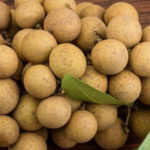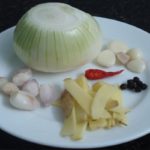In today’s fast-paced life, many families opt to do their grocery shopping on weekends, stocking up on food for the entire week. Consequently, it becomes crucial to find ways to preserve the freshness and quality of food, particularly vegetables. So, here are some tips on how to store vegetables in the refrigerator to prevent wilting and spoilage!
1 Why do vegetables wilt when left in the refrigerator for an extended period?
After being harvested, vegetables continue to undergo a respiration process and require a certain amount of water to sustain metabolic activity. When not properly wrapped, vegetables quickly lose water and become wilted. Conversely, tightly sealed vegetables are unable to respire and consequently rot.
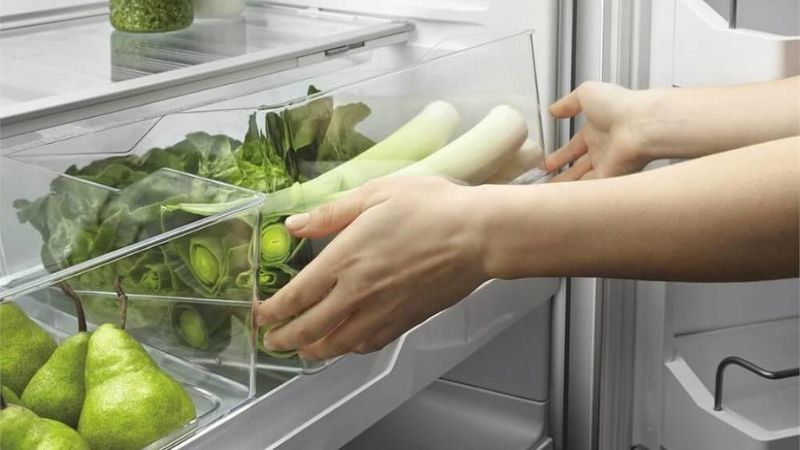 Why do vegetables wilt when left in the refrigerator for a long time?
Why do vegetables wilt when left in the refrigerator for a long time?
2 How to store vegetables in the refrigerator to keep them fresh
Remove any spoiled or rotten parts before putting them in the refrigerator
Upon bringing vegetables home, it is important to remove any spoiled parts. These parts tend to produce ethylene gas and allow mold to spread, subsequently causing damage to the remaining portions and affecting other food items.
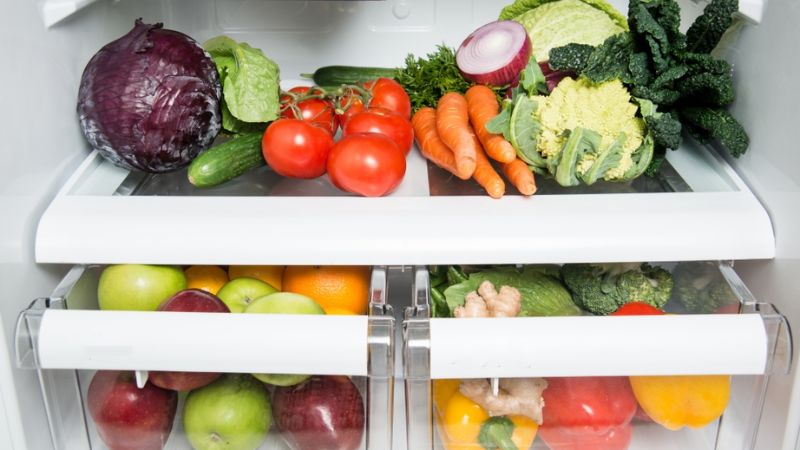 Remove any spoiled or rotten parts before putting them in the refrigerator
Remove any spoiled or rotten parts before putting them in the refrigerator
Classify vegetables
Since each type of vegetable has its own ideal storage time, preservation methods, and conditions, it is essential to classify them before placing them in the refrigerator. Combining all the vegetables in the same bag leads to faster spoilage and nutrient loss.
Additionally, some vegetables tend to produce ethylene gas, which accelerates the ripening of fruits and can quickly spoil other vegetables if stored together. Hence, it is advisable to use separate bags or containers for each type of vegetable.
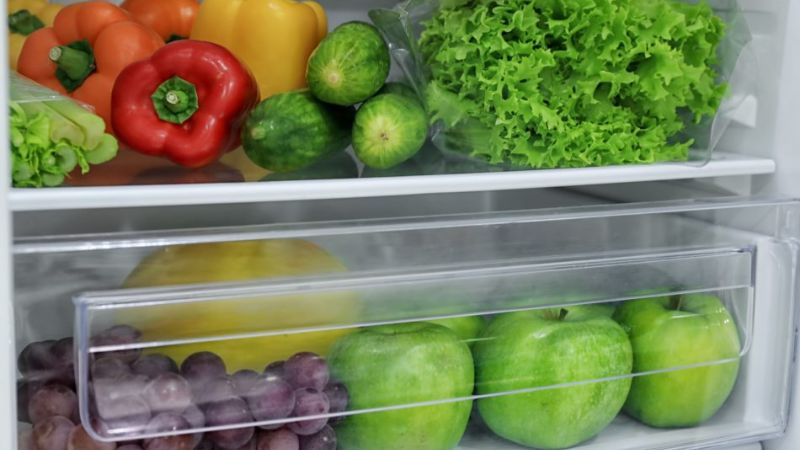 Classify vegetables
Classify vegetables
Do not cut vegetables into small pieces
By cutting vegetables into small pieces, their nutrient content inadvertently decreases, providing favorable conditions for bacterial growth. Furthermore, it increases the vegetables’ susceptibility to spoilage, degradation, and the production of harmful substances.
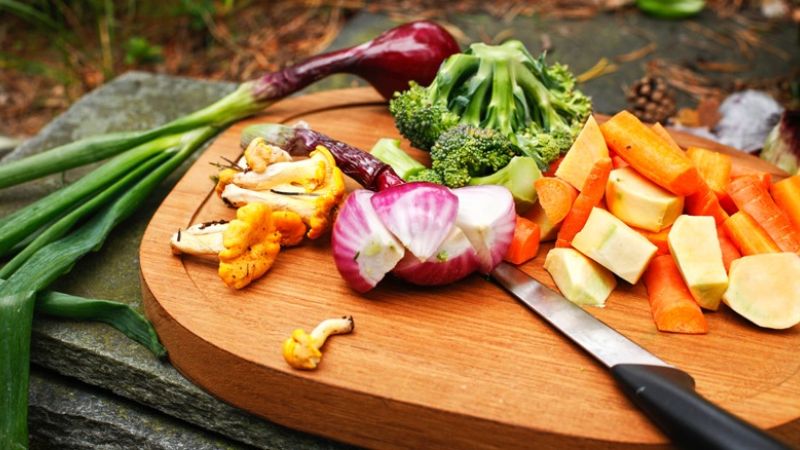 Do not cut vegetables into small pieces
Do not cut vegetables into small pieces
Do not wash vegetables before putting them in the refrigerator
If wet vegetables are stored in the refrigerator, they can become mushy and rotten due to high humidity, creating ideal conditions for bacterial and mold growth. To effectively preserve them, it is recommended to wash the vegetables and let them dry before placing them in the refrigerator. For specific vegetables like , , ,… only the stems should be removed before storage.
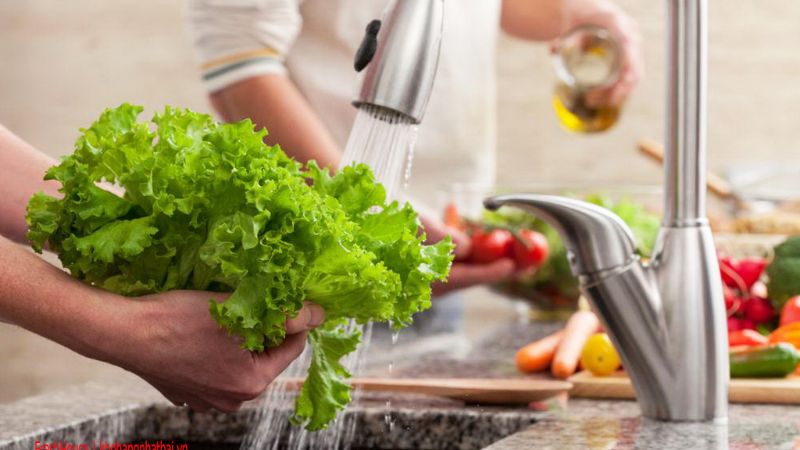 Do not wash vegetables before putting them in the refrigerator
Do not wash vegetables before putting them in the refrigerator
Use specialized storage bags/containers
It is advisable to use products made of safe PP material or specialized containers (that can be reused many times) to store each type of vegetable. This ensures airtightness, hygiene, and safety for users. Additionally, an absorbent layer can be added to prevent excess water accumulation and flooding.
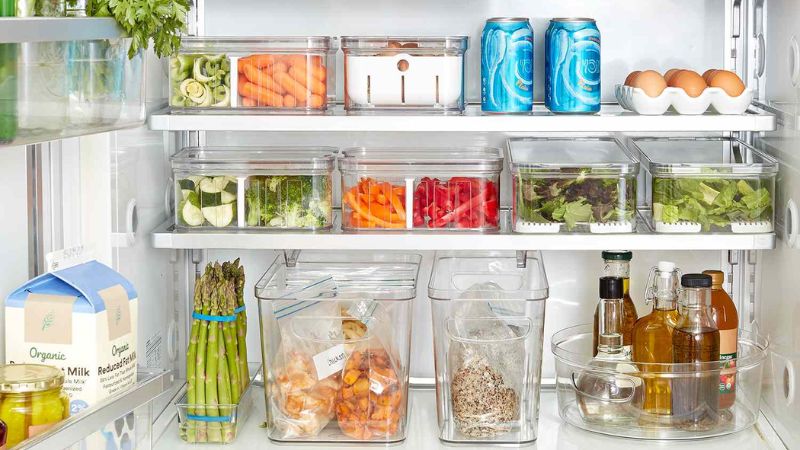 Use specialized storage bags/containers
Use specialized storage bags/containers
Adjust the appropriate temperature
Temperature plays a vital role in vegetable preservation. The refrigerator’s temperature should be maintained at around 3 – 9 degrees Celsius to prolong the vegetables’ freshness and discourage bacterial growth.
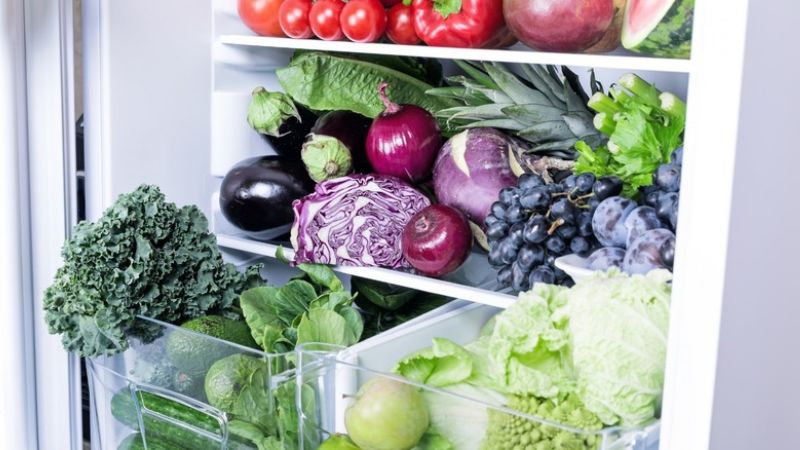 Adjust the appropriate temperature
Adjust the appropriate temperature
This article provides effective ways to store vegetables in the refrigerator. We hope you find this information useful for maintaining your own health and the health of your family.
More Useful Advice for Homemakers (Part 2)
Have you heard of the surprisingly easy tips to make cooking and household chores simpler? White radish eliminates the acrid taste of salted meat, adding alum to raw shrimp helps soften it, and adding cold water when frying eggs can make them crispy – these are just a few of the tricks to make your life easier.



























